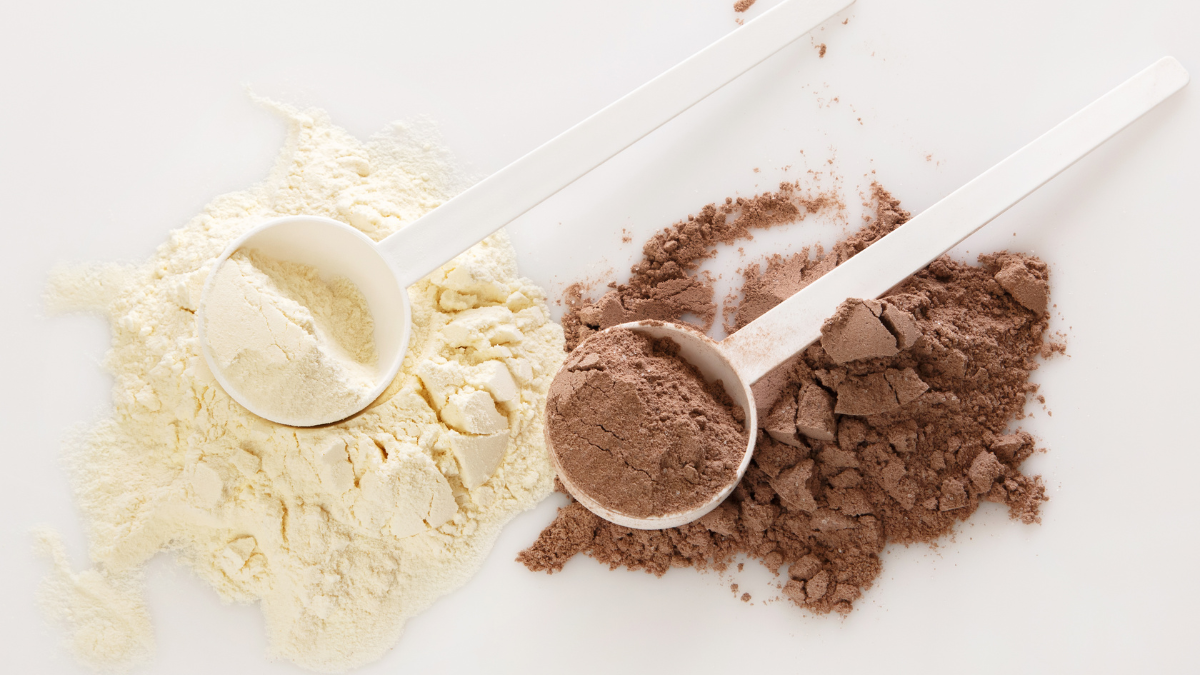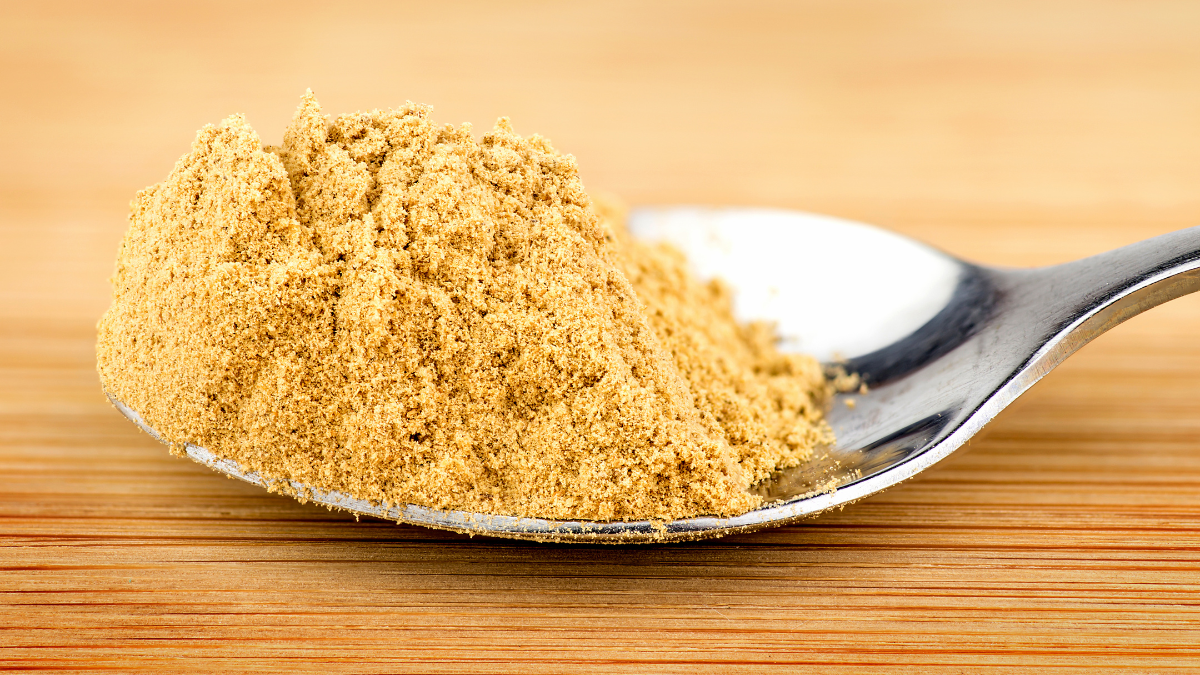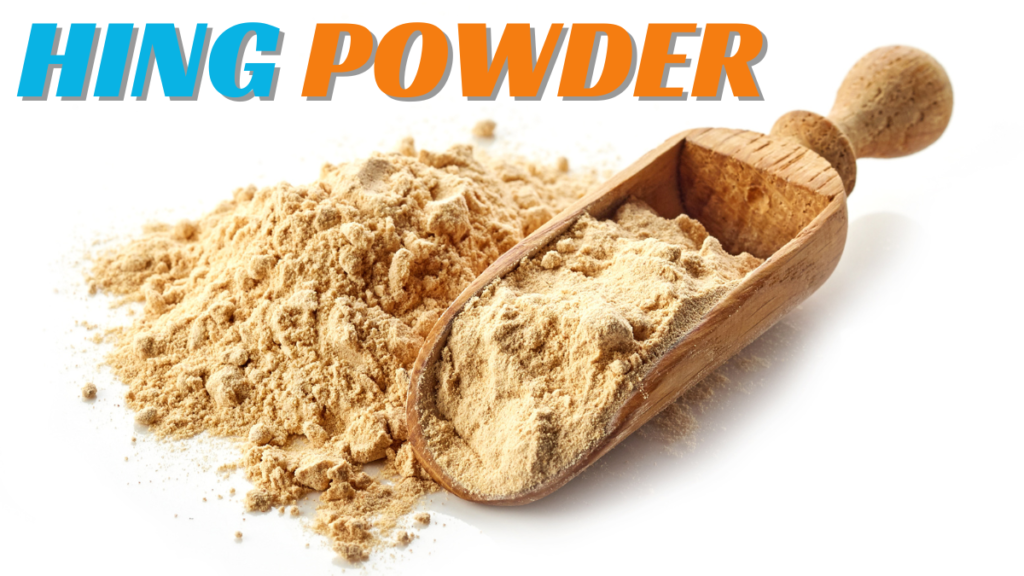Brief Overview of Hing Powder
A spicy spice made from the resin of the Ferula plant, hing powder is often referred to as asafoetida. Since ancient times, it has been an essential ingredient in Middle Eastern, Central Asian, and Indian cuisines due to its unique flavor and therapeutic qualities. Hing powder gives food a distinct flavor and scent and is frequently used as a flavor enhancer and digestive aid.
Historical Significance and Cultural Importance
Documents from ancient Sanskrit scriptures and Egyptian archives mention hing powder’s 5,000-year antiquity. Hing was highly valued for its therapeutic and culinary qualities in antiquity. It was used to cure a variety of illnesses, such as respiratory and intestinal troubles, and was thought to have healing properties.
Hing is an important cultural component of Ayurvedic medicine and Indian food. Because of its close ties to religious rites and customary cooking methods, it is frequently referred to as “the food of the gods”. Hing powder is a staple in Indian kitchens, giving rich flavor to a variety of vegetarian and non-vegetarian meals.
Purpose of the Outline
This overview aims to give readers a thorough grasp of hing spices by going over its definition, history, methods of manufacture, types, and applications. Through an examination of the essence of hing spices, readers will acquire knowledge about its cultural significance, culinary and medical applications, and uses. With this investigation, we hope to draw attention to the significance and adaptability of hing powder in both conventional and modern settings.
What is Hing Powder?
Definition and Origins
Originating mostly from the mountainous regions of Afghanistan, Iran, and India, hing spices is a spice made from the resin of the Ferula plant. After being removed from the plant’s roots and rhizomes, the resin is dried to produce a gum-like material that is subsequently powdered into a fine powder. Hing powder is well-known for its potent scent, which has been described as having earthy overtones and smelling strongly of garlic and onion together.
Production Process
Hing powder is made by a number of complex processes. The Ferula plant’s roots must first be dug out in order to extract the resin, which is done by tapping. After that, the resin is dried in the sun, solidifying into a mass that resembles gum. To further process this solid resin and create a soft, resinous mass, it is typically combined with flour or gum arabic. The material is then processed into a fine powder that can be used in cooking or medicine.
Varieties and Forms
There are several ways to obtain hing powder: as pure resin, as blended powder, or as diluted tinctures. The strongest variety has a strong flavor and scent, and is known as pure resin hing. To lessen the strength and improve the texture of seasoned hing spices, it is mixed with other components like rice or wheat flour. Liquid extracts of hing resin, known as diluted hing tinctures, are frequently utilized in herbal remedies.
Health Benefits of Hing Powder

Digestive Aid
Digestion is one of the long-standing benefits of hing powder. It has ingredients that encourage the synthesis of digestive enzymes, which facilitates food breakdown and makes digestion easier. Hing is frequently used as an ingredient in traditional digestive cures because of its special ability to relieve indigestion, bloating, and flatulence.
Anti-inflammatory Properties
Due to the high concentration of sulfur compounds in hing spices, studies have demonstrated that it has strong anti-inflammatory capabilities. Because of these ingredients, hing powder helps relieve inflammation in the body, which makes it useful for ailments including rheumatism, ulcerative colitis, and Crohn’s disease as well as disorders of the inflammatory bowel.
Respiratory Health Benefits
For ages, hing spices has been used in traditional medicine to treat respiratory conditions like bronchitis, asthma, and coughs. By facilitating mucus discharge from the respiratory system and loosening it, its expectorant qualities reduce congestion and encourage cleaner breathing.
Other Potential Health Benefits
Hing powder may provide a number of other health benefits in addition to its benefits for the respiratory and digestive systems. hing spices may assist to prevent the growth of dangerous germs and fungus, according to some research that suggest it has antibacterial qualities. Moreover, it can have antispasmodic properties that ease cramps and spasms in the muscles.
Culinary Uses of Hing Powder
Flavor Enhancer in Indian Cuisine
For its capacity to intensify the taste of Indian food, hing powder is highly valued. It gives chutneys, vegetable dishes, dals, and curries a distinct, umami-rich flavor and scent. An addition of only a pinch of hing spices can add variety and depth to a dish’s flavor profile.
Substitute for Garlic and Onion
Hing powder is a great substitute for those who are unable to eat garlic or onions because of personal preferences or dietary limitations. For those who want to mimic the flavor of these ingredients in their cooking, it offers a similar savory flavor profile without the overpowering fragrance.
Culinary Applications in Various Dishes
Spices such as hing powder are multipurpose and work well in a variety of recipes outside of Indian cooking. It adds a mild yet distinctive flavor to both vegetarian and non-vegetarian foods, going well with vegetables, rice, lentils, meats, and seafood. Hing spice improves the flavor of food when used as a seasoning to marinades, sauces, soups, and stir-fries.
Tips for Using Hing Powder in Cooking

You must always keep in mind that a little goes a long way when usinghing spices in your cuisine. If you use too much hing spices, it can rapidly overshadow other flavors, so start with a tiny amount and adjust to taste. To ensure that the flavors of the hing spices properly permeate the meal, it is important to add it early in the cooking process. Hing powder can also be kept fresh and potent for longer by keeping it in an airtight container out of the light and moisture.
How to Select and Store Hing Powder
Quality Indicators
Hing powder selection involves taking into account a number of quality indicators. Seek for brands that employ pure hing resin devoid of any fillers or additives. A superior quality hing powder should smell strongly and be a vivid yellow color. Hing spices that seems bland or smells weak should not be purchased since this could be a sign of tampering or low quality.
Proper Storage Methods to Retain Freshness
Storing hing powder correctly is crucial to maintaining its efficacy and freshness. Hing powder should be stored in an airtight container out of the reach of moisture, heat, and sunlight. Put it somewhere cold and dark, like a kitchen cabinet or pantry. Since hing spices can absorb undesirable flavors and fragrances, store it apart from spices with strong smells.
Common Mistakes to Avoid
Storing hing spices in its original packaging, which might not offer enough protection from moisture and air exposure, is a typical mistake. Hing powder shouldn’t be kept in the freezer or refrigerator since this can lead to moisture and lower its quality. Using a wet spoon or tool to scoop out hing powder is another mistake to avoid because moisture can cause clumping and spoiling.
Potential Side Effects and Precautions
Allergic Reactions
Hing powder allergies are uncommon, however they do occur in certain people. An allergic reaction might cause a rash on the skin, itching, swelling, breathing problems, or pain in the gastrointestinal tract. If you think you may be allergic to hing spices, stop using it right away and get help from a doctor.
Dosage Considerations
Although hing spices is generally safe to eat in modest amounts, too much of it can have negative effects. It is imperative to adhere to dose recommendations made by medical professionals or food specialists. Overindulgence in hing powder can result in diarrhea, vomiting, nausea, and upset stomach.
Precautions for Specific Medical Conditions
When taking hing spices, people with specific medical issues should use caution. Hing powder safety during pregnancy and lactation has not been well examined, therefore expectant and nursing mothers should speak with their healthcare provider before using it. Hing spices should also be avoided by those who have bleeding disorders or are having surgery because of its antiplatelet characteristics, which may increase the risk of bleeding.
Conclusion
Recap of the Benefits and Uses of Hing Powder
Hing powder has a wide range of culinary and health benefits, to sum up. In Indian cooking, it enhances flavors in a variety of ways, giving food more nuance and complexity. hing spices also has a host of other health advantages, including improving lung health, decreasing inflammation, and facilitating digestion.
Final Thoughts on Incorporating Hing Powder into a Healthy Lifestyle
Hing powder enhances the flavor of your food and supports a healthy lifestyle when you use it in your cooking. hing spices may be a useful addition to your pantry, whether you’re seeking to add some zing to your curries or relieve some intestinal distress.
Encouragement for Further Exploration and Experimentation with this Versatile Spice
Don’t be afraid to try out different recipes and flavor combos as you use hing powder in your cooking. There are countless uses for this adaptable spice, regardless of your level of culinary experience. Now go ahead and let your imagination run wild as you uncover the mystery of hing spices in your own kitchen.


